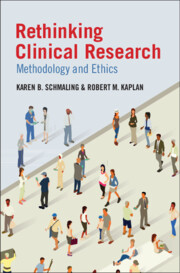Objectives: This study aims to compare the impact of two different sources of resource use, self-report versus care provider registrations, on cost and cost utility.
Methods: Data were gathered for a cost-effectiveness study performed alongside a 2-year randomized controlled trial evaluating the effect of an INTERdisciplinary COMmunity-based management program (INTERCOM) for patients with chronic obstructive pulmonary disease (COPD). The program was offered by physiotherapists, dieticians and respiratory nurses. During the 2-year period, patients reported all resource use in a cost booklet. In addition, data on hospital admissions and outpatient visits, visits to the physiotherapist, dietician or respiratory nurse, diet nutrition, and outpatient medication were obtained from administrative records. The cost per quality-adjusted life-year (QALY) was calculated in two ways, using data from the cost booklet or registrations.
Results: In total, 175 patients were included in the study. Agreement between self-report and registrations was almost perfect for hospitalizations (rho = 0.93) and physiotherapist visits (rho = 0.86), but above 0.55, moderate, for all other types of care. The total cost difference between the registrations and the cost booklet was 464 euros with the highest difference for hospitalizations 386 euro. Based on the cost booklet the cost difference between the treatment group and usual care was 2,444 euros (95 percent confidence interval [CI], −819 to 5,950), which resulted in a cost-utility of 29,100 euro/QALY. For the registrations, the results were 2,498 euros (95 percent CI, −88 to 6,084) and 29,390 euro/QALY, respectively.
Conclusions: This study showed that the use of self-reported data or data from registrations effected within-group costs, but not between-group costs or the cost utility.


